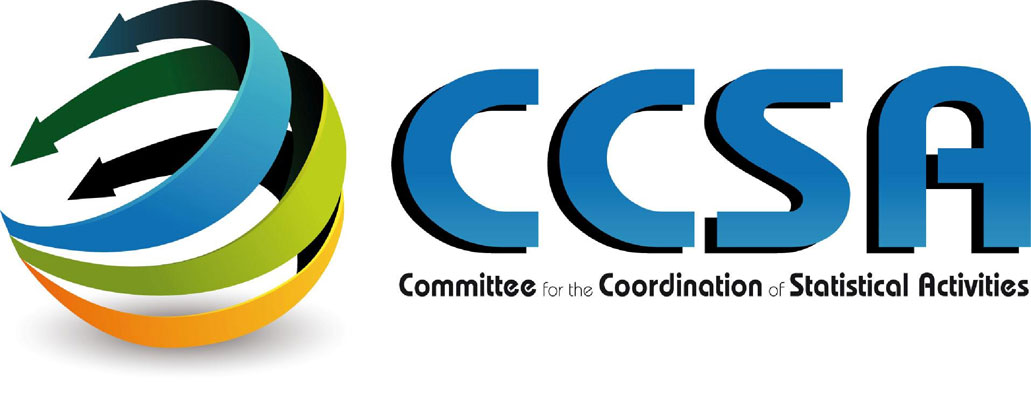Data – the single word that defines our age; data have assumed a new importance for today’s economies, societies and politics. Data, the ubiquitous globalized commodity, easily shared, duplicated and traded, are the glue that binds and drives the digital economy, the cloud, blockchain, the internet-of-things, and even our politics. They offer promise but also peril – they are a tool for liberation, but also potentially a weapon for exploitation. Data transcend borders, challenge national sovereignty and are increasingly being thought of as a new form of capital. While some countries and regions have begun to try and tackle the challenge of how to regulate the collection and use of data, such a piecemeal, fragmented approach risks creating barriers to production, trade, innovation and cooperation.
Data can be used for a huge variety of purposes – local, national and global public policy, commercial and emergencies – by a wide array of actors. This creates some broad challenges:
- How do we balance the wellbeing of people and communities, ensuring they can gain insight from data to improve their lives, with the need to protect their privacy and shield them from misuse and abuse of data?
- What is the appropriate equilibrium between proprietary and public good data? What data should be protected as a public good, not just in the economic sense, but in the broader social sense?
- How can data best support a competitive, thriving, and diverse market for innovations that improve and enrich human lives?
While it is unlikely that every nation and community will approach these challenges in the same way, we should aim to establish some common expectations. This would give individuals and enterprises confidence that data relevant to them carries similar protections and obligations no matter where they are collected or used. A Global Data Convention could provide a way to ensure that data are safeguarded as a global public good and as a resource to achieve equitable and sustainable development. Key to such an approach would be a set of universal principles and standards that set out the elements of responsible and ethical handling and sharing of data and the global institution or institutions that would provide incentives for applying these principles and overseeing their consistent application across different communities.
We need a Global Data Convention for the safe and ethical use of data that establishes a social contract that strikes a balance between full use of data for development and wellbeing and the protection of security, privacy, and human rights, and between commercial use and public good. A Global Data Convention would constitute an integrated set of data principles and standards that unite national governments, public institutions, private sector, civil society organizations and academia. These would include elements such as: privacy of personal data; data accessibility; data exchange; data interoperability; and transparency, to name a few. While these issues are being widely discussed and appear to be broadly agreed, they lack universally accepted definitions and ways to operationalize them in practice.
A Global Data Convention could move beyond establishing ethical principles and create a global architecture that also includes standards and incentives for compliance. It should build upon the existing canon of international human rights and other conventions, laws and treaties that set out useful principles and compliance mechanisms and build upon them. Such an architecture could be the foundation for rethinking the data economy, promoting open data, encouraging data exchange, and facilitating trade mechanisms. It could also help to address public crises and development goals. To support the convention, a global institution or institutions will be needed to bring together the many data communities and ecosystems, that comprise not only of national governments, private sector and civil society but also including those who represent artificial intelligence, digital and IT services. These institutions would maintain and update data standards, oversee accountability frameworks, and support mechanisms to facilitate the exchange and responsible use of data.
Official statisticians are a key stakeholder in the global data ecosystem. They have long been the guardians of data as a public good and have played a crucial role as custodians of knowledge and protectors of deliberative public spaces. The Committee for the Coordination of Statistical Activities (CCSA), comprised of international and supranational organizations, whose mandate includes the provision of international official statistics in the context of the Principles Governing International Statistical Activities leads this effort. More information about their work can be found at: https://unstats.un.org/unsd/ccsa/
